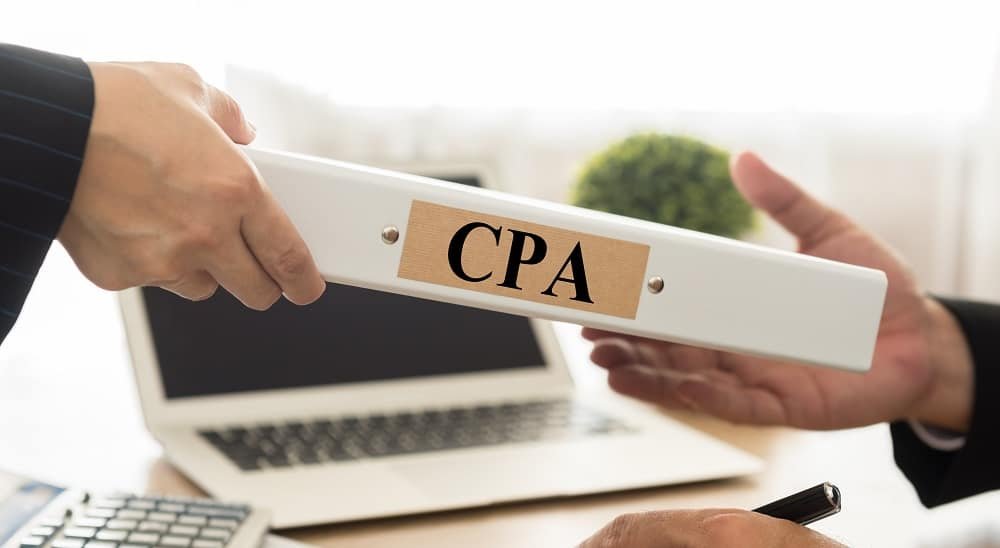10 Best Financial Planning tips for Freelancers and self employed individuals

Embarking on a freelancing or self-employment journey is an exhilarating adventure, but it comes with unique financial challenges. To ensure a prosperous and secure future, mastering the art of financial planning is crucial. In this blog, we’ll explore 10 Best Financial Planning tips for Freelancers and self employed individuals, presented in a visually appealing format with tables and a vibrant color scheme. 1. Create a Comprehensive Budget Expense Category Amount ($) Housing Utilities Healthcare Business Expenses Savings Entertainment Miscellaneous Total Begin with a detailed monthly budget, allocating funds to essential categories. This will provide a clear overview of your financial landscape, helping you make informed decisions. 2. Build an Emergency Fund Table: Emergency Fund Tracker Month Emergency Fund ($) Jan 2024 Feb 2024 Mar 2024 Apr 2024 May 2024 Life is unpredictable. Establishing an emergency fund ensures you’re prepared for unexpected expenses, offering peace of mind during challenging times. 3. Set Clear Financial Goals Define short-term and long-term financial goals, outlining specific amounts and deadlines. This will guide your savings and investment strategies. 4. Understand Tax Obligations Task Deadline Gather Receipts and Invoices Estimate Quarterly Taxes Maximize Deductions Consult Tax Professional Navigating tax responsibilities is critical. Keep track of deadlines and consult a tax professional to optimize deductions and minimize liabilities. 5. Invest Wisely Investing wisely isn’t about chasing quick bucks or winning the stock market game. It’s about planting seeds today for a fruitful future. It’s about understanding your goals, balancing risk, and choosing diversified paths to growth. It’s about patience, knowledge, and keeping your emotions in check. It’s about building a secure tomorrow, brick by financial brick. Invest wisely – it’s not just about money, it’s about building a stronger, future-proof you. 6. Invoice and Payment Tracking Maintain a systematic record of your invoices and payments to ensure timely and accurate income tracking. 7. Plan for Retirement Self-employed individuals must prioritize retirement savings. Create a plan and consistently contribute to secure a comfortable retirement. 8. Insurance Coverage What is Insurance Coverage? Insurance coverage is a contract between you (the policyholder) and an insurance company (the insurer). You pay a premium (regular payments) to the insurer, and in return, they agree to financially compensate you if certain events happen, like: Why is Insurance Coverage Important? Life is full of uncertainties. Even the most careful planner can’t predict everything. Insurance coverage provides peace of mind knowing that you’re financially protected if something unexpected happens. It can help you: 9. Continuous Learning and Skill Development Invest in yourself by setting aside funds for ongoing education and skill development. Stay relevant in your industry to enhance earning potential. 10. Regularly Review and Adjust Date Net Worth ($) Financial Goals Progress (%) Jan 2024 Jul 2024 Jan 2025 Consistently review your financial plan, making adjustments as needed. Track your progress and celebrate achievements along the way. 10 Best Financial Planning tips for Freelancers and self employed individuals Conclusion Achieving financial success as a freelancer or self-employed individual requires careful planning and execution. By following these 10 Best Financial Planning tips for Freelancers and self employed individuals you’ll be well on your way to building a stable and thriving financial future. Remember, financial freedom is a journey, not a destination. 10 Best Financial Planning tips for Freelancers and self employed individuals Let’s conquer the chaos of tax season together! Contact Now Read Next Article : 10 Tips for hiring a tax professional
Get the CPA Income verification letter now!

Get the CPA Income verification letter now
Secure Your Loan Approval with a Certified CPA Comfort Letter

Secure Your Loan Approval with a Certified CPA Comfort Letter
Why needs CPA Comfort letter or Mortgage letter

Why needs CPA Comfort letter or Mortgage letter : In the complex process of obtaining a mortgage, borrowers often encounter a variety of documents and requests, some of which may seem unfamiliar or unnecessary. Among these are CPA comfort letters and mortgage letters, two documents that play distinct roles in the mortgage approval process. What is a CPA Comfort Letter? A CPA comfort letter is a document prepared by a Certified Public Accountant (CPA) at the request of a mortgage lender. It provides the lender with additional assurance regarding the financial information provided by the borrower, particularly for self-employed individuals or those with complex income sources. Why Do Lenders Request CPA Comfort Letters? Mortgage lenders assess the financial health of borrowers to determine their creditworthiness and ability to repay the loan. For self-employed individuals or those with irregular income sources, verifying income can be challenging. CPA comfort letters offer an independent assessment of the borrower’s financial situation, providing lenders with a more comprehensive picture of their financial standing. What Does a CPA Comfort Letter Typically Include? The specific content of a CPA comfort letter varies depending on the lender’s requirements and the borrower’s financial situation. However, it typically includes: What is a Mortgage Letter? A mortgage letter is a pre-approval document issued by a mortgage lender, indicating the amount of money the lender is willing to lend to the borrower based on their preliminary financial assessment. It serves as a valuable tool for potential homebuyers, as it provides an estimate of their borrowing capacity and helps them narrow down their home search. Key Differences between CPA Comfort Letters and Mortgage Letters “Embark on a detailed exploration of the fundamental disparities between CPA Comfort Letters and Mortgage Letters in our comprehensive guide. As integral components of financial transactions, these documents play distinct yet equally vital roles, influencing various aspects of the lending and real estate landscape. Understanding CPA Comfort Letters: CPA Comfort Letters, short for Certified Public Accountant Comfort Letters, serve as a testament to the financial integrity and standing of an individual or business. These letters are typically requested by third parties, such as lenders or investors, seeking assurance about the accuracy of financial information provided. Dive into the intricate details of how CPA Comfort Letters offer a layer of financial transparency, assuring stakeholders of the credibility and reliability of the financial data associated with a particular entity. Why needs CPA Comfort letter or Mortgage letter Unpacking Mortgage Letters: On the other hand, Mortgage Letters are specifically crafted documents essential in the realm of real estate financing. These letters, often requested by lenders, shed light on critical aspects of a borrower’s financial health, like income, assets, and liabilities. Our guide will walk you through the nuanced content of Mortgage Letters, exploring why they are pivotal in the mortgage approval process and how they contribute to informed lending decisions. Navigating Distinct Purposes: While both letters are financial documents, the key lies in their distinct purposes. CPA Comfort Letters focus on affirming the accuracy of financial information, instilling confidence in the reliability of financial data. Mortgage Letters, conversely, offer a more holistic view of a borrower’s financial profile, assisting lenders in evaluating the risk associated with granting a mortgage. Grasping Significance for Seamless Transactions: Understanding the differences between CPA Comfort Letters and Mortgage Letters is paramount for individuals, businesses, and financial professionals engaged in transactions requiring financial due diligence. Our guide equips you with the knowledge to discern when and why each letter is indispensable, ensuring you navigate financial dealings with confidence and clarity. Join us on this exploration of the intricate details, purposes, and significance of CPA Comfort Letters and Mortgage Letters, empowering you with the insights needed to navigate the intricate landscape of financial transactions successfully.” Now you understand Why needs CPA Comfort letter or Mortgage letter. Benefits of CPA Comfort Letters for Borrowers Why needs CPA Comfort letter or Mortgage letter Conclusion CPA comfort letters and mortgage letters play distinct but significant roles in the mortgage process. CPA comfort letters provide lenders with additional assurance regarding the borrower’s financial information, while mortgage letters offer pre-approval estimates to potential homebuyers. Understanding Why needs CPA Comfort letter or Mortgage letter can help borrowers navigate the mortgage process more effectively and confidently. Read Previous Article : How sales tax works in Shopify